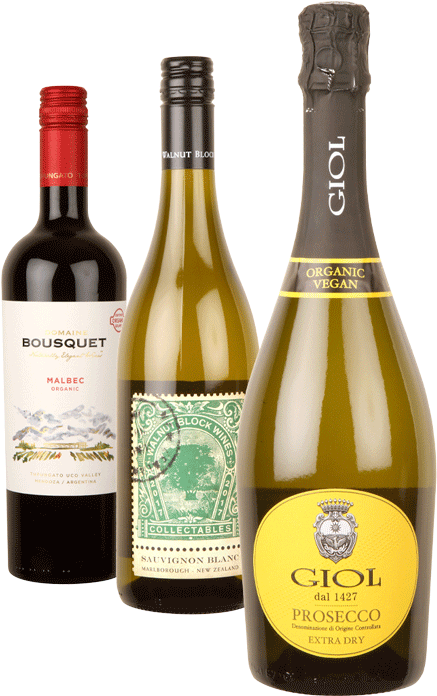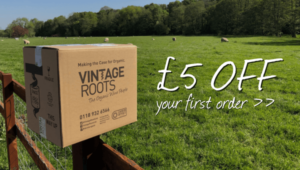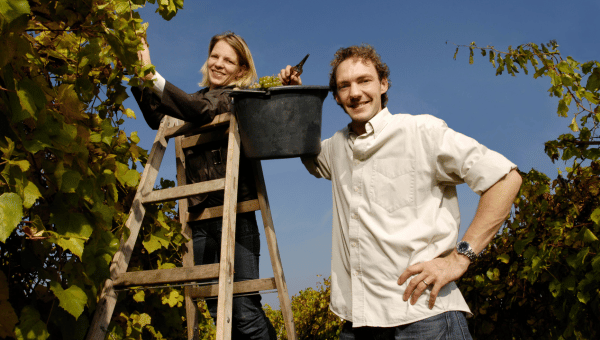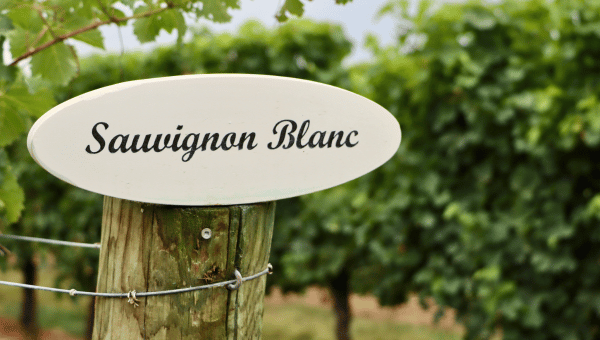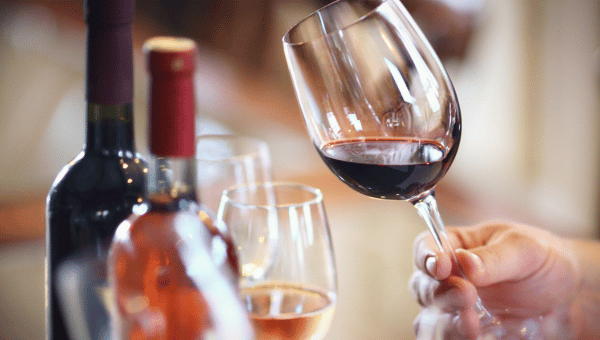What Does Organic Mean? What Is Organic?
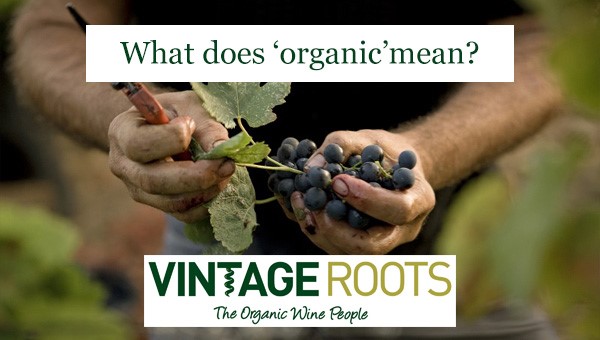
We thought we go a bit more broad with this blog post and cover what organic means in general in the UK. You may have seen the word ‘organic’ on a food or drink label, and aren’t sure what it means. You are not alone – there are many labels for food and drink products these days that it’s sometimes hard to keep track!
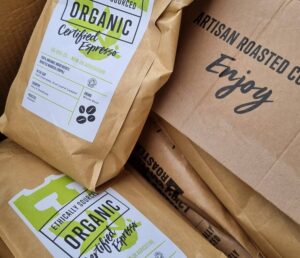
What does organic mean? What is organic food and drink?
In short, organic food or drinks are those that have been made in accordance with the UK’s organic standards and rules (laid out by DEFRA, the Department for Environment, Food & Rural Affairs). These rules govern what’s organic and what’s not, and help consumers know what they are buying.
According to the BBC Good Food, DEFRA states that:
‘Organic food is the product of a farming system which avoids the use of man-made fertilisers, pesticides, growth regulators and livestock feed additives. Organic agriculture is a systems approach to production that is working towards environmentally, socially and economically sustainable production. Instead, the agricultural systems rely on crop rotation, animal and plant manures, some hand weeding and biological pest control’.
Essentially there are some key differences between organic and non-organic food and drink, and these come down to how they’re made or produced.
Organic starts on the farm – or vineyard
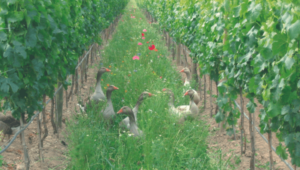
Most food and drink products start on a farm, and for the case of wines it would be a vineyard. The farmers and growers can make decisions about which inputs to use, and whether those are allowed under organic production.
For example, a main concern on farms and vineyards is insects and pests that cause harm to plants. A farmer or winemaker can decide to use more naturally derived inputs permitted under organic agriculture/ biological control, or synthetic chemicals that are not.
Another key issue on vineyards at least is mildew. Downy mildew and powdery mildew are two of the most damaging forms of attack vineyards have to sustain, whether organic or not. Solutions for downy mildew include what’s called ‘Bordeaux mixture’, a mixture of copper sulphate and lime, and for powdery mildew sprays of sulphur alone can be used. Even though some are sceptical of organic wines because copper can be used to combat mildew problems, for organic and biodynamic winegrowing, the maximum amounts of copper that can be used are less in comparison to conventional vineyards.
Within farming and winegrowing today there is a growing eco-consciousness, with many opting for the more environmentally friendly and organic way. Going organic isn’t always easy and can take years of trial and error. Here at Vintage Roots we’ve seen firsthand how it can work for winegrowing at least, with successful production at both smaller and larger scales.
How can you tell if something is organic?
Unfortunately, there is misuse of the word organic in the UK, such as on restaurant menus, or even shops sometimes printing their own labels or online businesses stating products are organic when they have not been certified. Consumers need to be careful! To absolutely know whether your food or drink has been made organically, you need to look out for certification logos. Usually on the backs of products, these logos mean that products have been verified to be organic. In the UK, the main one is the Soil Association logo as they’re the largest certifying body.
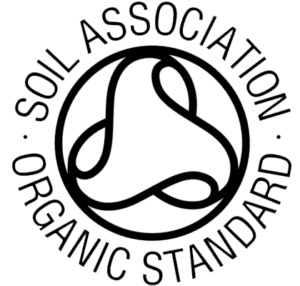
Many products in the UK are imported from Europe, and this is especially the case for wines. Thus, another label to look out for is the EU’s leaf organic certification logo, which means a product has been certified (the UK and EU have an agreement when it comes to organic regulations).

Where can you buy organic food in the UK?
There’s plenty of places, but this isn’t always the same from area to area. Health food stores or stores (both physical and online ones) specialising in greener or organic products are usually good places to start, as well as some farm shops. A lot of major supermarkets carry organic products too. Here at Vintage Roots, all of the wines, beers, ciders, spirits, etc we sell are certified organic, and we obtain certificates from all the winemakers and suppliers we work with.
You can read more about the reasons to drink organic wine here.
We hope this blog post has helped answer your questions about what organic means and what organic food and drinks are. If you have any further questions about organic or biodynamic wines, feel free to reach out to us.



